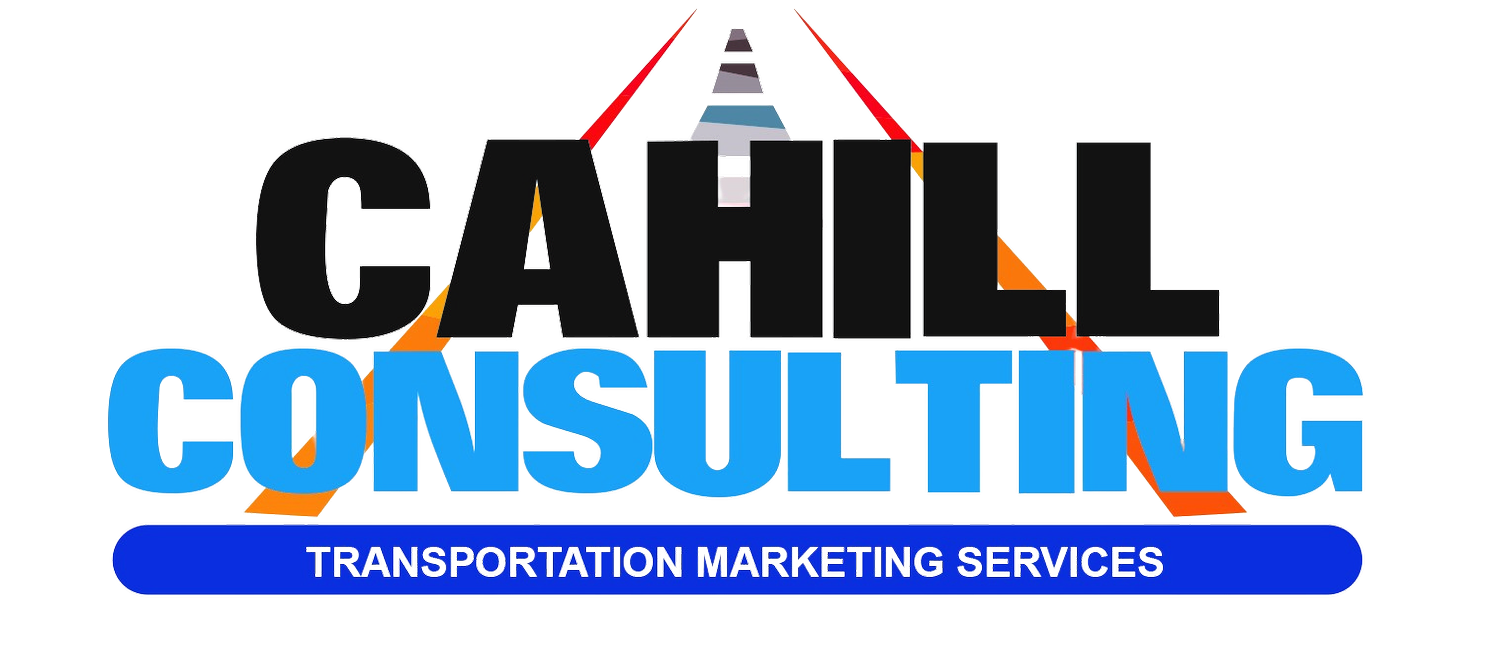We Need Thought Leaders Now More Than Ever
Strong industry voices shape smarter decisions.
In a crowded and evolving freight landscape, thought leadership isn't just about visibility. It's about guiding the conversation and earning long-term trust.
In an industry as complex and dynamic as freight is, trust, relationships and authority matter. As automation, digitization, and changing route planning disrupt old norms, freight pros are looking for clarity, direction, and leadership and not just from executives. Brands and the people who shape the future of logistics need to be heard. That’s where thought leadership comes in.
What Is Thought Leadership?
Thought leadership goes beyond marketing. It’s about sharing expertise, insights, and forward-thinking perspectives that challenge the status quo and inspire action. Thought leaders educate the market, elevate conversations, and earn trust by showing they understand the problems and are working toward better solutions.
In freight, this is essential.
1. The Freight Market Is Crowded and Noisy
From freight tech startups to global 3PLs, everyone’s vying for attention. Buyers are bombarded with sales pitches, claims of disruption, and cookie-cutter messaging. Thought leadership cuts through that noise by offering actual value in the form of insight and a unique perspective.
When a company consistently educates the market instead of just selling to it, people pay attention. They remember. They return.
2. Buyers Are More Skeptical Than Ever
Today’s buyers are tech-savvy and cautious. They’ve seen overpromises and under-deliveries. Before they commit to a new platform, broker partner, or integration, they want proof: not just product specs, but confidence that you understand their world.
A strong thought leadership program in the form of white papers, webinars, speaking engagements, or LinkedIn content can build that trust. It shows that your company is engaged with the real issues facing shippers, carriers, and brokers today. And BTW, Linkedin posts alone won’t do the job.
3. The Industry Needs a Modern Narrative
For decades, the freight industry was seen as behind the curve. But the tides have shifted: smart software, data visibility, sustainability, and AI are transforming the way freight moves. Still, the narrative often lags behind.
Thought leaders (you) play a role in shaping this narrative. Not just hyping innovation, but connecting it to real-world problems. Whether you're a startup CEO or a 4th-generation carrier, your experience can influence the way the industry talks about progress, resilience, and the future of the industry.
4. It Establishes Your Differentiator
Thought leadership doesn't just elevate your brand - it differentiates it. In a market where many services feel commoditized, your expertise is unique. It positions your company not as a vendor, but as a trusted partner and resource.
And when your competitors are talking features, while you’re leading industry conversations? That’s a lasting advantage.
5. It's Not Just for CEOs Anymore
Thought leadership used to be limited to C-suites and conference stages. Now, buyers expect to see expertise from the whole company - from product managers to sales teams to customer success reps. Platforms like LinkedIn, Substack, and even podcasts have made it easier than ever to build and share your voice.
That means companies can empower their people to be visible experts, amplifying reach and deepening relationships across the board.
You Don’t Need to Be Loud, Just Clear
Thought leadership isn’t about shouting the loudest. It’s about showing up consistently with substance. Whether you’re sharing lessons learned from a failed integration, predictions about freight procurement trends, or a simple framework to help brokers improve margins — your ideas matter.
The freight industry is hungry for clarity, direction, and people willing to lead the conversation forward.
Are you ready to step up? Want to read about a successful thought leadership program? Ask about our case study!

